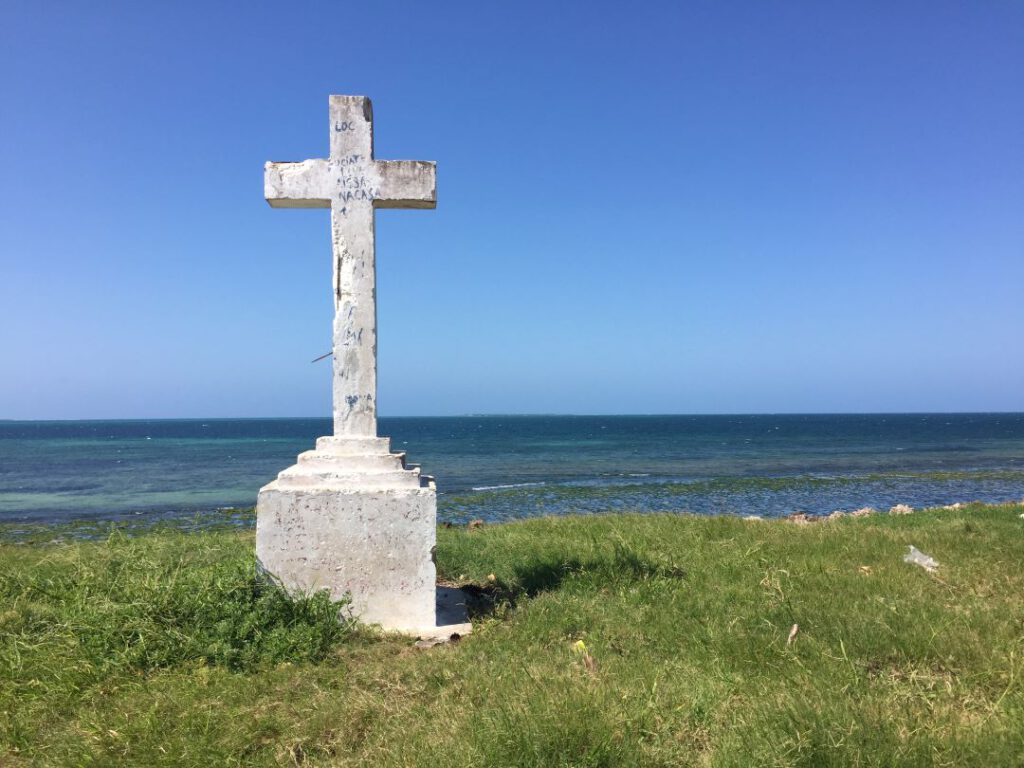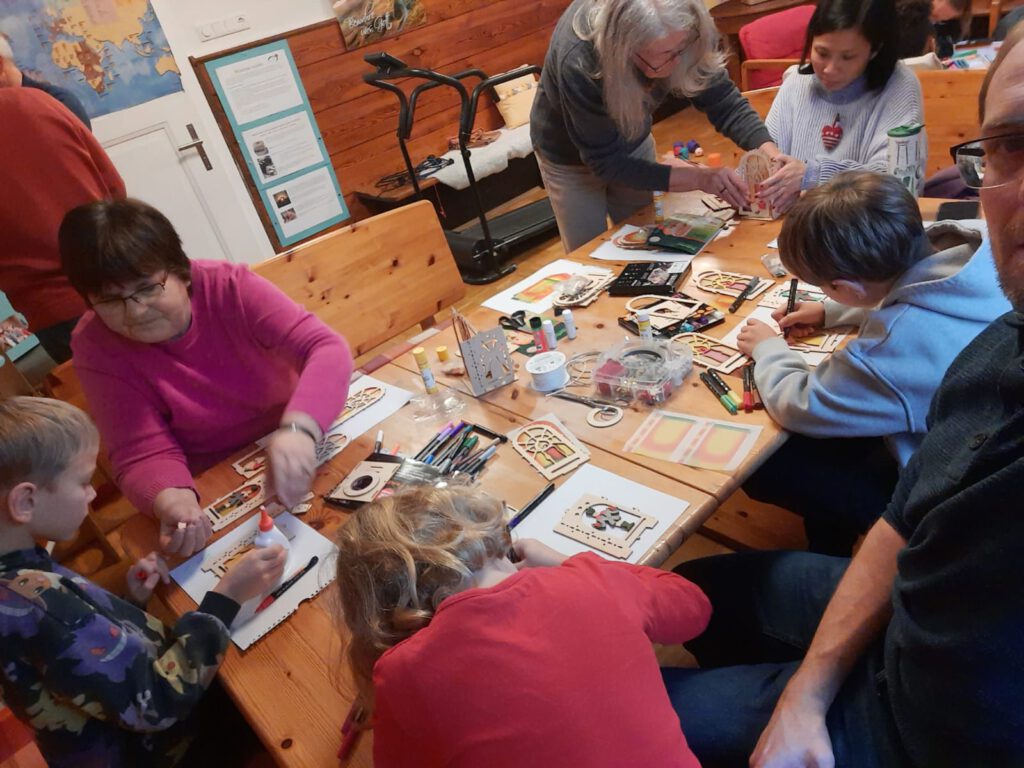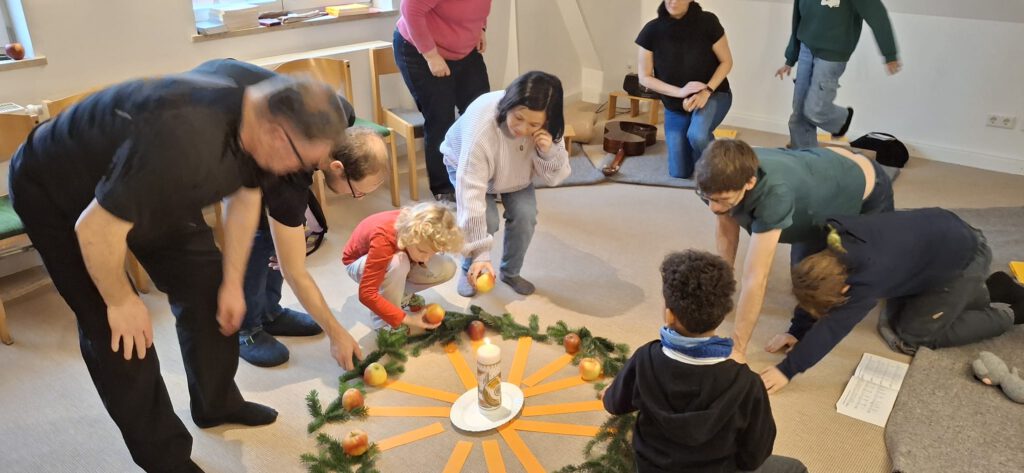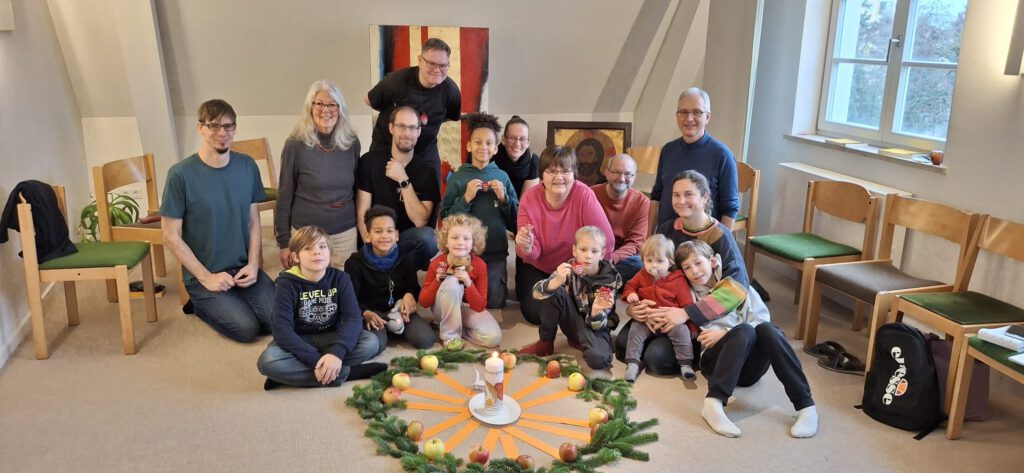
That the Word of light and truth may continue to bring hope to the women and men of our time and find those who ready to respond to the call of God and to the missionary commitment. Let us pray.
As we approach the end of the year, our CLM brothers and sisters in Germany are offering us the posters they have created to promote peace. This is an initiative that we must always support.
One of the activities they carry out in Germany is the promotion of peace. These posters are offered free of charge to teachers, educators, and Christian communities.
We cannot falter in this endeavor.
The Prince of Peace was born in Bethlehem so that we may all live as brothers and sisters.
Merry Christmas, may peace reign throughout the world.
On the third weekend of Advent, we deliberately took time with our children and some friends to celebrate Advent together and observe International CLM Day. It was wonderful to be guests of the Comboni Missionaries in Nuremberg again.
On Saturday morning, we held an Advent meditation under the guidance of Brigitte. (see photo) The message was that Jesus is the most important thing at Christmas and in our lives, and that is why the Jesus candle belongs in the center. With Him and through Him, we can walk paths, even unknown and new ones. From this, life grows (green branches), we can bear fruit (apples), and reach people’s hearts.

Afterwards, we made wooden lanterns or painted pictures. After a walk to the playground, we experienced the fascinating light show “Genesis.”
In the evening, we enjoyed a cozy Advent atmosphere with songs, texts, stories, and homemade baked apples. The highlight and conclusion was a group Mass with Father Günther, with the children actively participating.

It was wonderful! May Comboni continue to inspire us and encourage us to be missionaries.

CLM, Germany